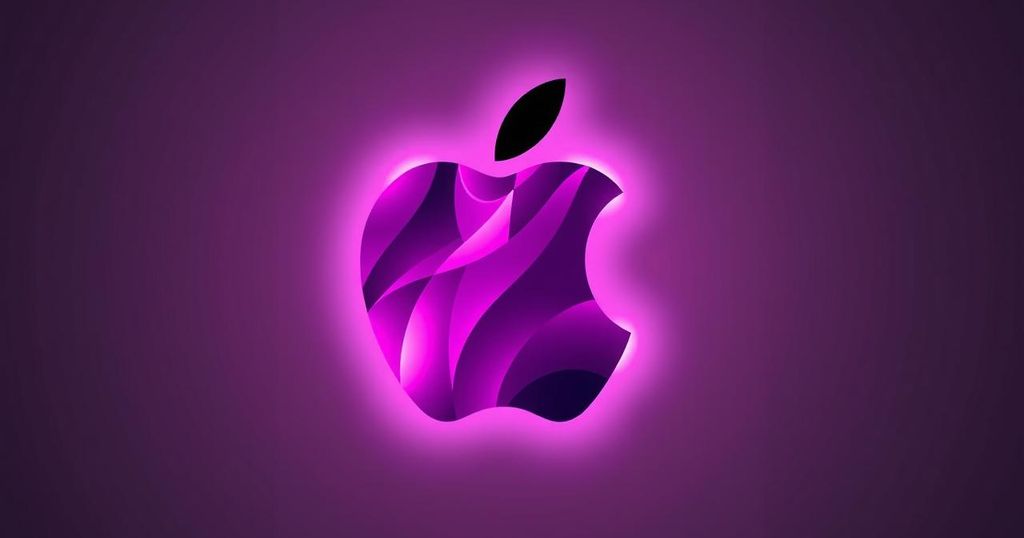DR Congo Files Complaints Against Apple Over Conflict Minerals

The Democratic Republic of Congo has filed criminal complaints against Apple for alleged complicity in conflict minerals originating from war-torn regions. The complaints, directed at Apple’s French and Belgian subsidiaries, accuse the company of laundering minerals, covering up war crimes, and misleading consumers about sourcing practices. Legal representatives cite Belgium’s colonial history in Congo as a point of moral obligation, raising concerns about corporate responsibility in the mineral supply chain.
The Democratic Republic of Congo has initiated criminal complaints against Apple Inc., alleging the company’s involvement with conflict minerals. These legal actions are directed at Apple’s subsidiaries in France and Belgium, following a thorough investigation by representatives of the Congolese government. Legal counsel Robert Amsterdam characterized the complaints as the initial significant action in addressing the misuse of minerals sourced from conflict zones. The complaints claim that Apple has facilitated the laundering of these minerals, which are often associated with war crimes and theft, while also misleading consumers regarding its sourcing practices.
The allegations highlight a troubling relationship between technology companies and the extraction of valuable minerals in regions plagued by violence. Eastern Congo, rich in vital minerals like tantalum and gold, is dominated by armed factions who exploit local resources, thereby perpetuating a cycle of violence and human rights violations. The implications of these complaints extend beyond the corporate realm, connecting to broader discussions about ethical sourcing and corporate responsibility within global supply chains. Legal action could compel Apple to reassess its supply chain practices, especially in light of prior assurances of rigorous oversight.
As these legal challenges unfold, both French and Belgian judicial systems will determine the validity and progression of the complaints against Apple. Notably, the historical context of Belgium’s colonial exploits in Congo has prompted legal representatives to position the nation as having a moral obligation in this matter. Furthermore, U.S. acknowledgment of the issue reinforces the global necessity for responsible sourcing and investment in conflict regions. Despite current allegations, Apple’s earlier reports suggested robust auditing practices aimed at ensuring ethical sourcing.
The Democratic Republic of Congo holds vast mineral resources essential for the production of electronics, but these resources have been the focal point of ongoing conflicts fueled by competing armed factions. Tin, tantalum, tungsten, and gold are among the most contested minerals. Companies that rely on these minerals face scrutiny regarding their supply chains and the ethical implications of sourcing from conflict-affected areas. The U.S. State Department has noted the importance of upholding responsible sourcing while raising concerns about smuggled Congolese minerals being misrepresented as Rwandan. As a leading technology manufacturer, Apple’s supply chain practices are critical to understand in the context of these allegations.
The filing of criminal complaints by the Democratic Republic of Congo against Apple underscores the emerging challenges associated with the ethical sourcing of conflict minerals. This legal action signifies heightened scrutiny not just for Apple but for all companies involved in sourcing materials from conflict regions. The outcome of these complaints may catalyze significant changes in corporate sourcing practices and stimulate a broader dialogue on moral responsibility in global supply chains. As such, this case is one that merits close attention from stakeholders across the corporate, legal, and humanitarian spheres.
Original Source: www.benzinga.com







